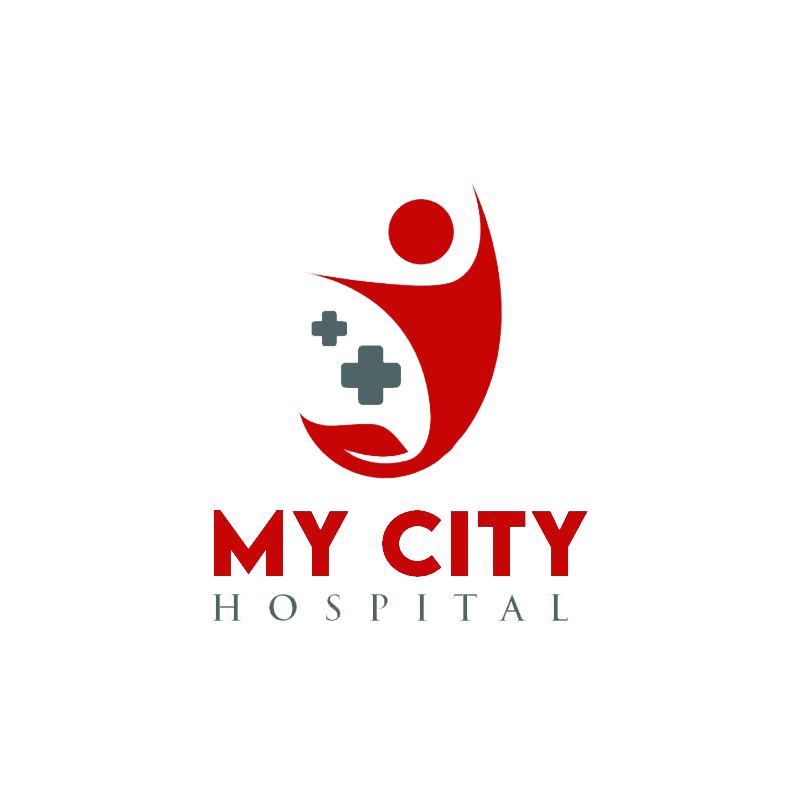Book an Appointment
FAQ
Have some Questions?
You can use online maps like Google Maps or healthcare-specific apps to find the nearest hospitals. Simply enter your location, and the app will show you the closest hospitals along with directions.
General hospitals offer a wide range of medical services, including emergency care, surgeries, maternity care, diagnostic tests, and treatment for various illnesses. They typically have specialized departments such as cardiology, orthopedics, and pediatrics.
Emergency room costs vary, but without insurance, an ER visit can be expensive. It includes fees for medical staff, facilities, and any tests or treatments administered. Costs can range from hundreds to thousands of dollars.
For a planned hospital admission, bring personal identification, insurance information, a list of medications, toiletries, comfortable clothing, and any necessary medical documents. Check with the hospital for specific requirements.
You can check online reviews, ratings on healthcare websites, and accreditation status. Hospital comparison tools, like those provided by government health agencies, can also help assess a hospital’s quality and safety.
Urgent care is for non-life-threatening situations, providing timely care for minor injuries and illnesses. Emergency rooms are for serious or life-threatening conditions. Choose based on the severity of your medical issue.
After a hospital stay, you’ll receive a bill. Contact the hospital’s billing department to discuss payment options. They may offer financial assistance or a payment plan. Ensure your insurance is billed correctly.
Visitation policies vary, but during the COVID-19 pandemic, hospitals may have restrictions. Check the hospital’s website or contact them directly for the latest information on visitor guidelines and safety measures.

